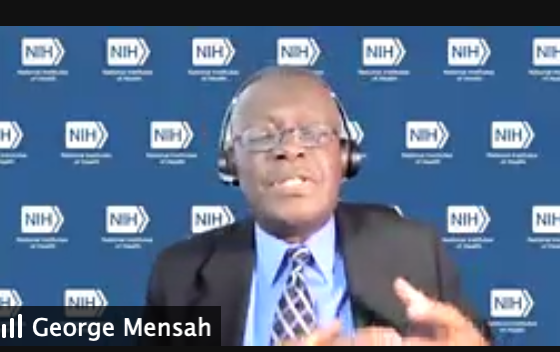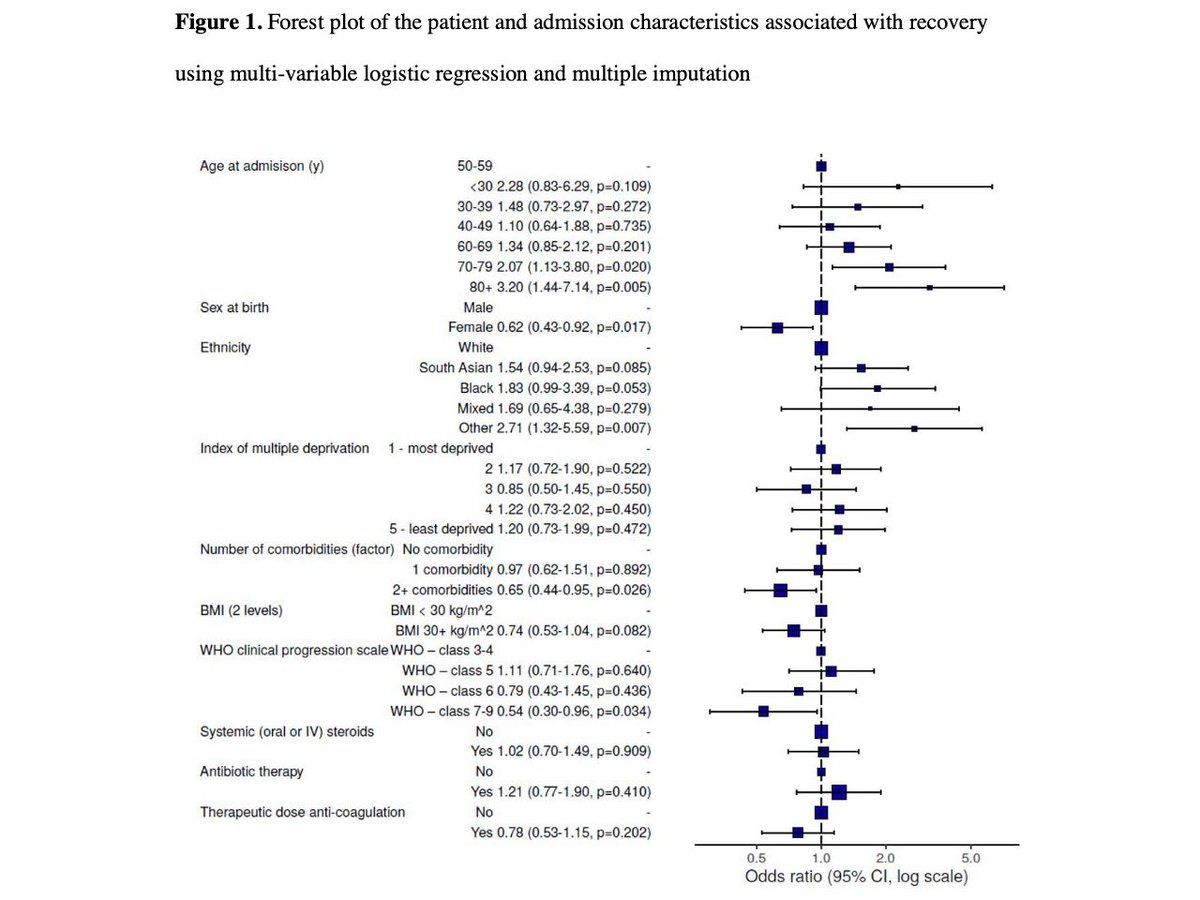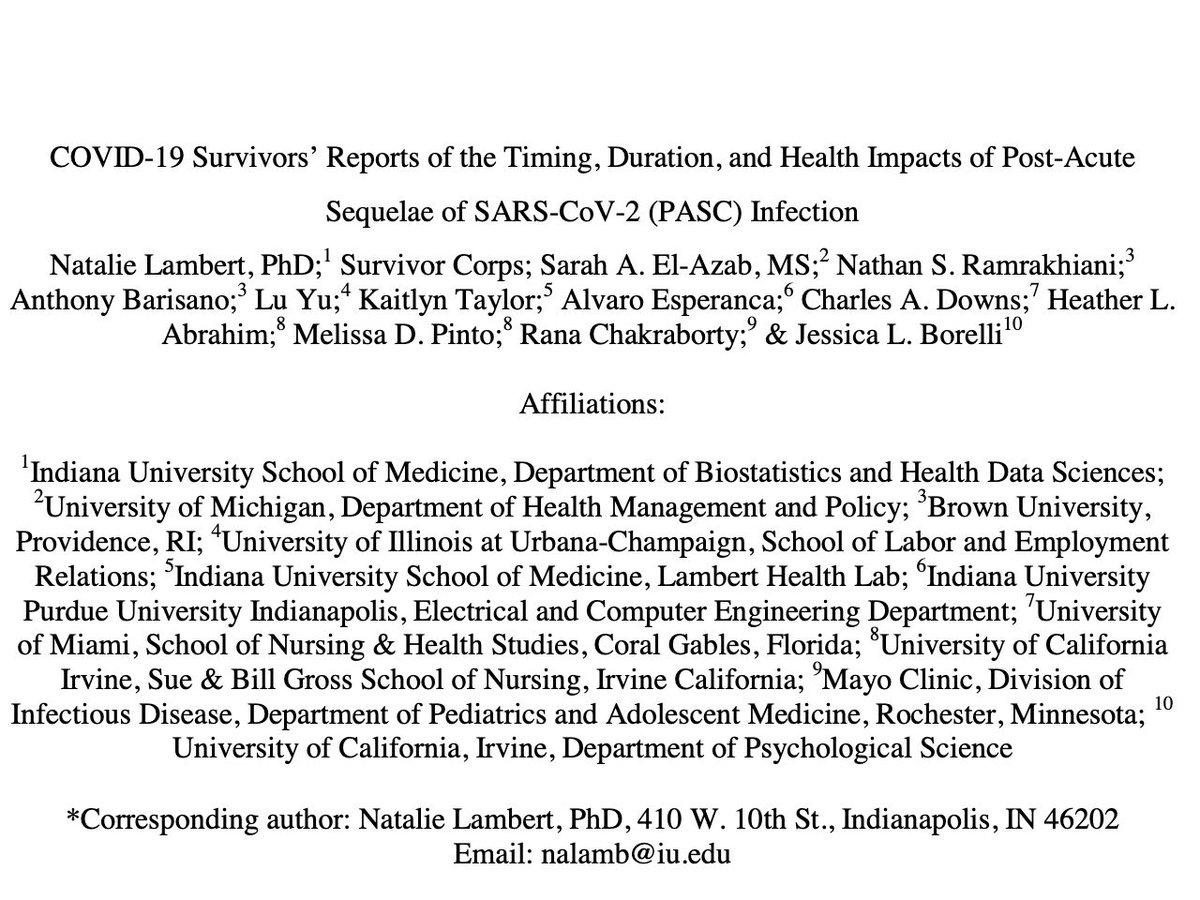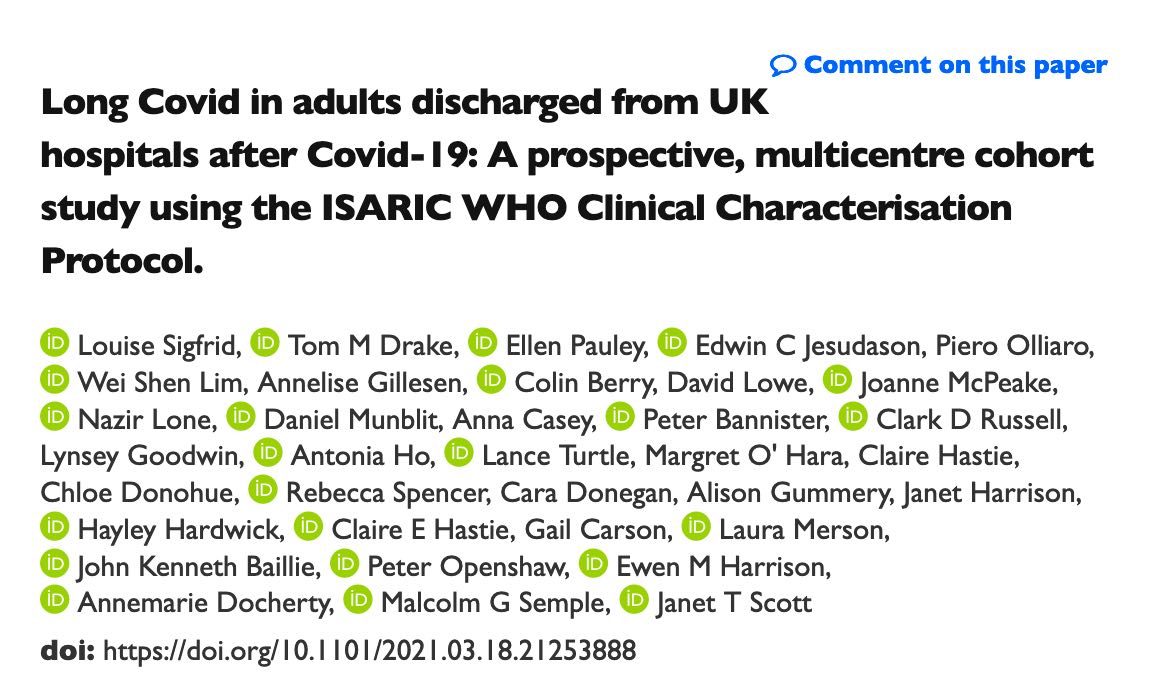
For States and regions in the US that have low vaccination rates because people don’t want it, wouldn’t the federal gov’t be better off waiting until they ask for help rather than trying to push/force vaccinations on them, which just seems to increase resistance.
In this construct, the federal gov’t would say, we are ready and eager to help with vaccines, funding, people - let us know when you are ready. This, in place of being characterized as forcing people. De-politicize it… feds just wait to be invited to help.
The key is to make vaccines accessible and free to everyone; make trustworthy information about the vaccines abundant and clear. And let people make their choices. Be the sun and not the wind, and people will eventually take off their coats.
And having 65K doses of vaccine go to waste in Alabama because people do not want to be vaccinated is worse than a shame. Send doses to match their demand. Do not over-supply. There are plenty of people in the world who want to be vaccinated. @nytimes
@nytimes Our federal goal, every person who wants to get vaccinated should be able to do so rapidly, easily, and without cost. The federal recommendation is to be vaccinated. But do not force it on those who resist; just invite them to re-consider… and say, when you do, we will help you.
@nytimes And for people living in regions with low vaccination rates, feds should make it easy for them to be vaccinated… and they need to convince their neighbors and politicians to help them if they want to turn their region into a highly vaccinated, lower risk area. Grassroots.
• • •
Missing some Tweet in this thread? You can try to
force a refresh


















